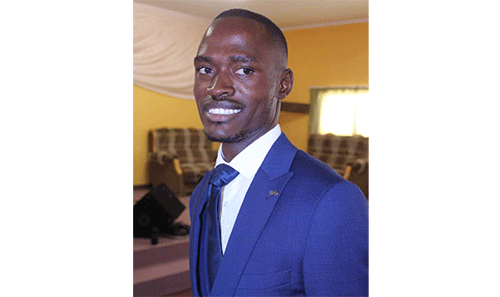Our collective experiences during the height of the pandemic have left lasting mental scars that won’t be going anywhere anytime soon. In fact, many of the initiatives to move back to “normalcy” have yielded the unintended consequence of reopening those wounds. So if you find yourself worried or anxious about post-pandemic, your feelings are not invalid and you are not alone.
Many of us have heard of post-traumatic stress disorder. The condition affects those who’ve experienced trauma that impacts their daily lives with intense physical and emotional reactions. For some individuals, the trauma of the pandemic brings forth a similar response.
Unfortunately, the younger generation, adolescents and children might have experienced the worst trauma when the pandemic struck. As restrictions have been lifted and communities are encouraged to return to normal, the symptoms of post-traumatic stress disorder may begin to become more apparent. The world’s children may start to show “increased anxiety, low motivation, feeling hopeless or powerless, disrupted sleep, changes in appetite, feeling numb, being increasingly angry or irritated, negative or catastrophic thinking, withdrawing socially, and feelings of struggling to cope. So teachers and parents need to be extra supportive toward children to help them easy the symptoms of anxiety.
Those who experienced anxiety and depression pre-pandemic are also at risk of seeing their situations worsen. As more of us have returned to work, received invites to gatherings, and venture out into community gathering places, mental health challenges might begin to be experienced and commonly appear.
Covid-19 mental health impacts and the proper support required will be essential both in the acute phase and long-term.
Ways to be proactive about addressing post-Covid anxiety and depression include:
Consider therapy. Seeking out professional psychological support provides you with a safe space to talk with someone about your feelings.
Stay social. Keeping social with friends or family members who understand and empathize with your position and emotions is vital. Even if you’re not comfortable meeting in person, try to maintain communication. Socialisation from home can look like talking on the phone
Start new routines. The change to staying home and social distancing was sudden, giving few people time to adapt in a healthy manner. Try to incorporate some of your old routines in a manageable way.
Take baby steps. The first step is to acknowledge the uncertainty certain activities hold, then recognize your feelings surrounding them.
In conclusion, Covid has left us all with scars which might take long to heal but it is our responsibility as individuals and a nation at large to make sure that the scars caused by Covid are not permanent. Let us all pull together to ensure that we all recover from such traumatic experiences.
* Wiliam Shikudule is a postgraduate student at International University of Management.


